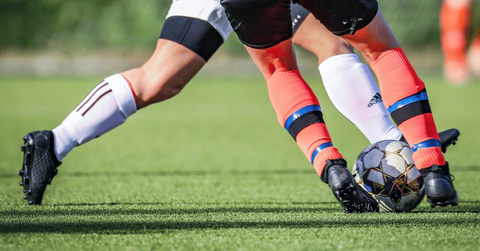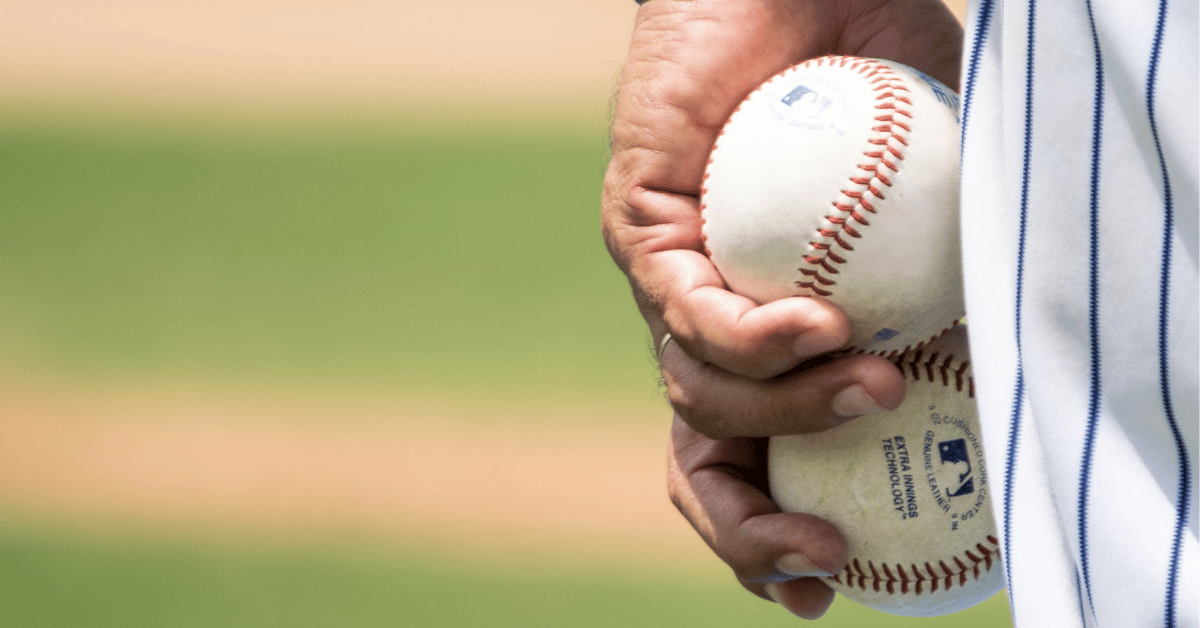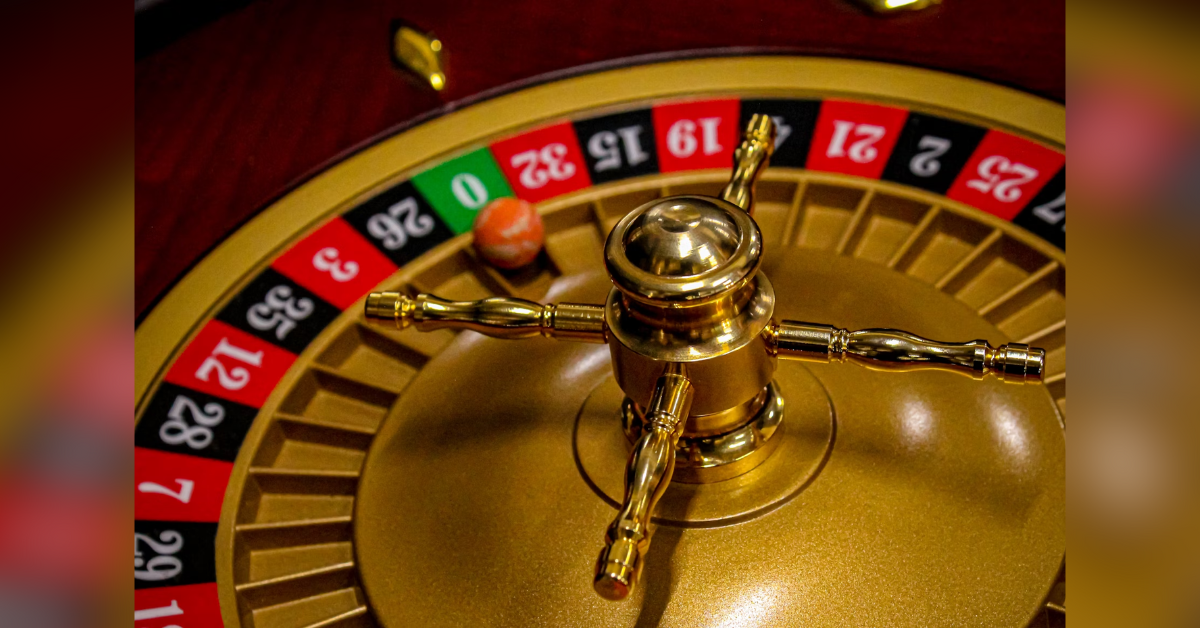Why Are Athletes Not Allowed To Bet?

Aug. 7 2023, Published 3:50 p.m. ET
The dizzying world of sports is interwoven with the thrill of predictions and wagers. The landscape of sports betting, with its array of bookmakers and dynamic odds, is a testament to its immense popularity.
While the allure of placing a bet is open to many there is a distinct group that faces stringent restrictions: athletes themselves. But why are these physical marvels, who are the very center of the sports universe, prohibited from indulging in this seemingly harmless pastime?

Historical Perspective
To understand the present, one often must delve into the past. The connection between sports and betting isn't new. For decades, enthusiasts have placed bets on their favorite teams and players, hoping for favorable outcomes. However, the intersection of athletes and betting has not always been rosy.
Take, for instance, the infamous Black Sox Scandal of 1919. Members of the Chicago White Sox were accused of intentionally losing the World Series in exchange for money from gamblers. The incident not only marred the reputation of baseball but also underscored the importance of keeping sports and betting distinct.
Integrity of the Game
At the heart of sports is a commitment to fair play. When athletes participate in betting, it raises doubts about the very integrity of the game.
Can a game's outcome be trusted if those playing might have vested interests elsewhere? The spirit of competition, where every participant gives their best and abides by the rules, can be jeopardized when monetary incentives from external bets come into play.
Conflicts of Interest
Imagine a football player, standing on the field, pondering whether to score because of a bet placed on the match's outcome. Such scenarios reveal glaring conflicts of interest.
When personal gains from bets conflict with a team’s objectives, the essence of teamwork and collective goal-setting crumbles. There have been instances globally where athletes, swayed by the allure of betting gains, have made decisions that were detrimental to their teams but favorable to their pockets.
Perception and Reputation
In the vast arena of sports, perception plays a pivotal role. Athletes are not just players on the field; they're symbols of dedication, perseverance, and integrity. When they engage in betting, it can lead to a dent in this image.
The implications are not just personal; they echo throughout the sport, affecting fans, stakeholders, and sponsors. If an athlete's commitment to a game is overshadowed by their involvement with bookmakers, they risk losing endorsements and the trust of their audience.
Financial Pressures and Manipulations
The world of betting isn't just about predicting outcomes; it’s a maze of financial intricacies and high stakes. Athletes, given their elevated status and insider perspective, become ripe targets for those aiming to manipulate game outcomes.
Match-fixing syndicates often view athletes as potential pawns in their schemes, exerting pressures, sometimes subtle and sometimes overt. Even if an athlete doesn’t succumb to these pressures, mere association or speculation can lead to a wave of distrust among fans and stakeholders.
Legal Implications
Diving into the legal realm, many jurisdictions have clear regulations surrounding sports betting. These laws are designed to maintain the sanctity of sports and protect athletes from undue pressures.
While the nature and severity of these laws vary from one country to another, athletes are often at the risk of facing legal consequences if caught betting. These can range from suspensions and bans to more severe legal penalties, depending on the depth of their involvement and the jurisdiction's legal framework.
Emotional and Psychological Factors
Beyond the externalities, there's an internal world that gets affected when athletes indulge in betting. The realm of professional sports is already rife with pressures – performance anxieties, expectations, and the continuous strive for excellence. Adding the intricacies of betting can lead to a tumultuous emotional roller-coaster.
The constant juggle between sports performance and gambling outcomes might become a mental burden. Moreover, like any form of gambling, there's a lurking risk of addiction, which can adversely affect an athlete's performance, decision-making, and overall mental health.

Preventing Unfair Advantage
One might argue: aren’t athletes best poised to predict game outcomes, given their intimate knowledge? Precisely this insider information gives athletes an unfair advantage in the betting realm.
They possess details that the general public or regular bettors might not be privy to, be it team strategies, player conditions, or undisclosed injuries. Allowing athletes to bet could essentially distort the betting landscape, making it skewed and imbalanced.
Role of Governing Bodies
Governing bodies of sports, be it FIFA for football or the IOC for the Olympics, play a critical role in delineating the boundaries between athletes and betting.
Their primary aim is to ensure the sanctity and credibility of sports. To this end, they often have strict policies in place that prohibit athletes from engaging in any form of betting. They also invest in educating athletes about the potential pitfalls, risks, and implications of getting involved in the betting universe.
As the lines between sports, entertainment, and money continue to blur, it becomes imperative to uphold the core values that make sports a revered global phenomenon. The prohibition on athletes betting is not just a rule; it's a testament to the spirit of genuine competition and the relentless pursuit of excellence.


